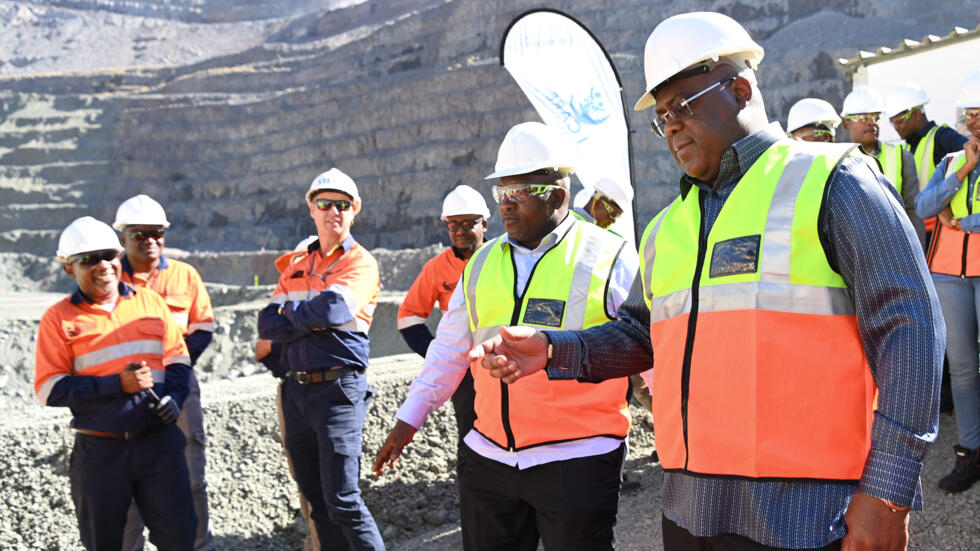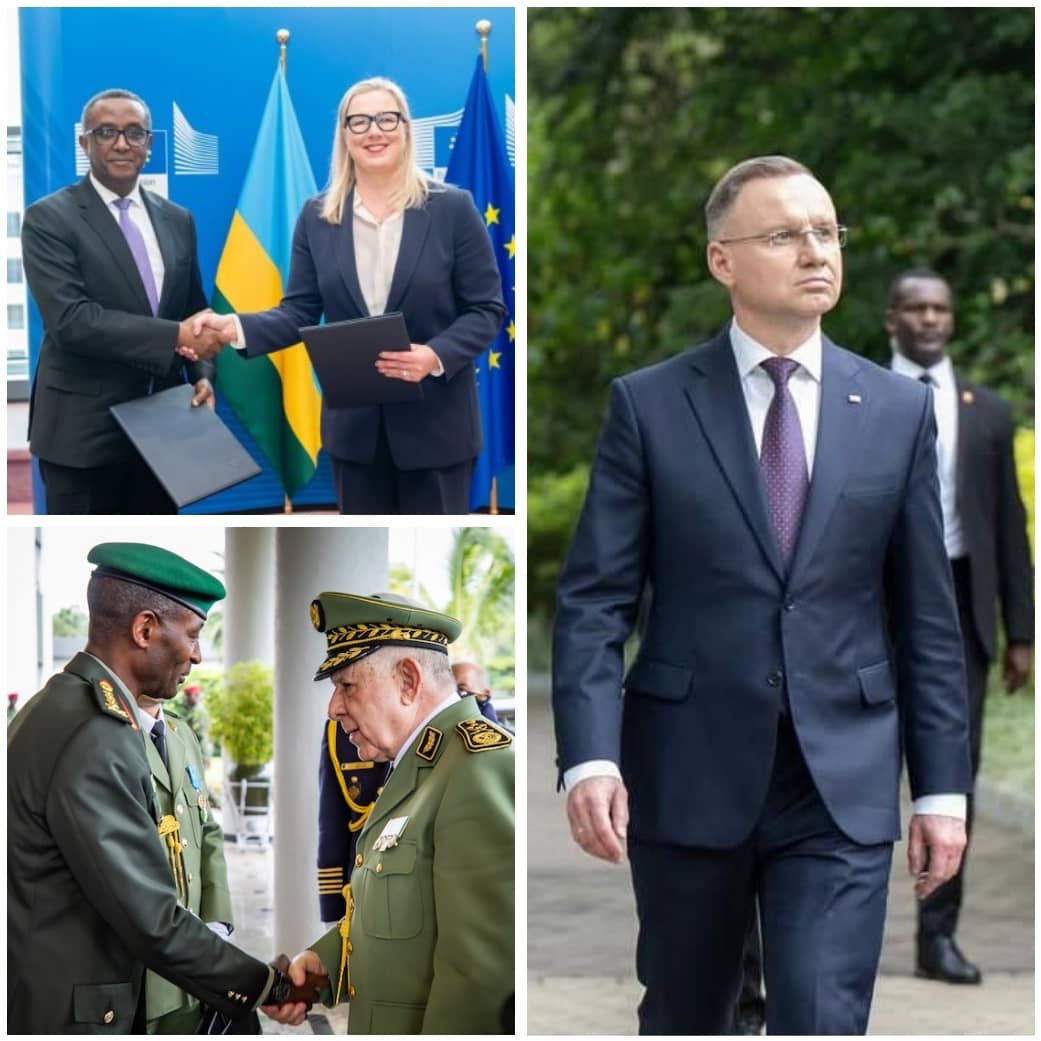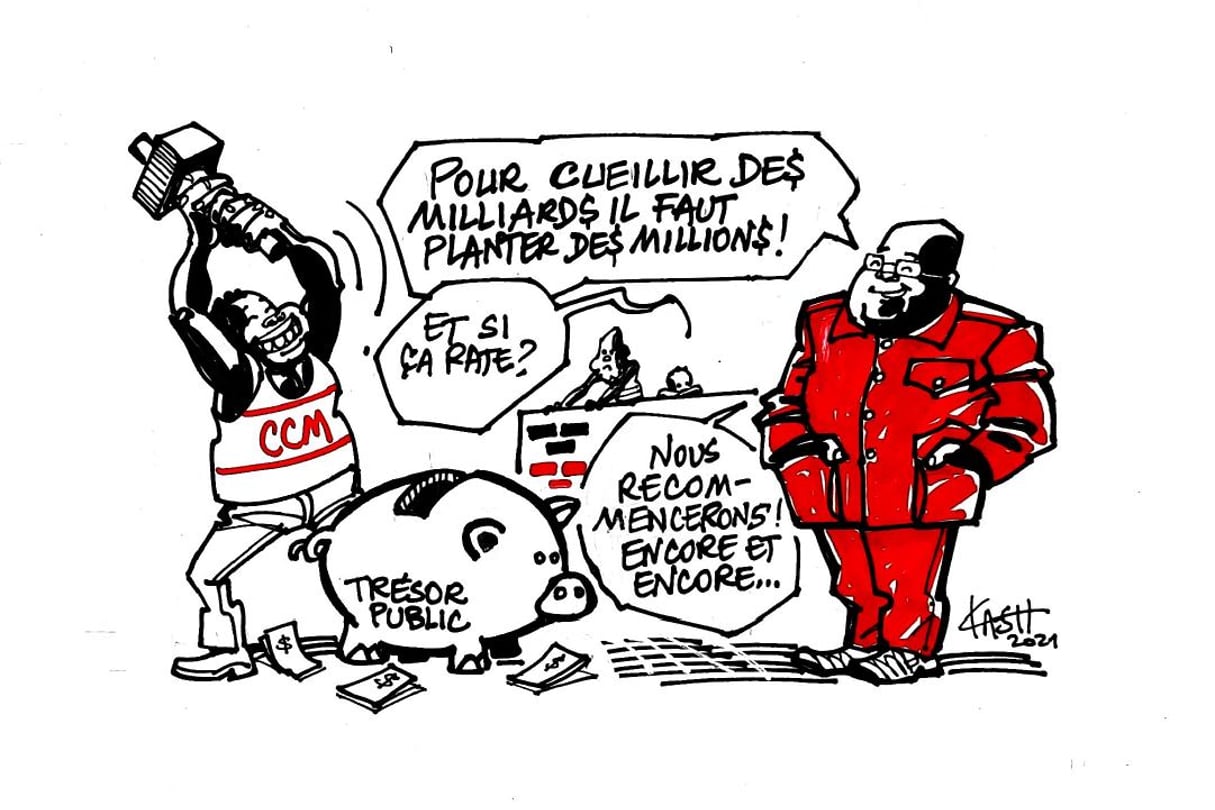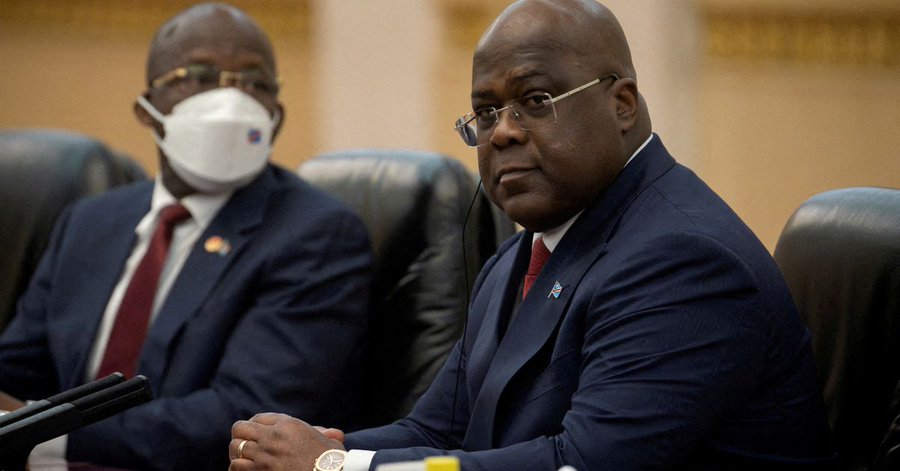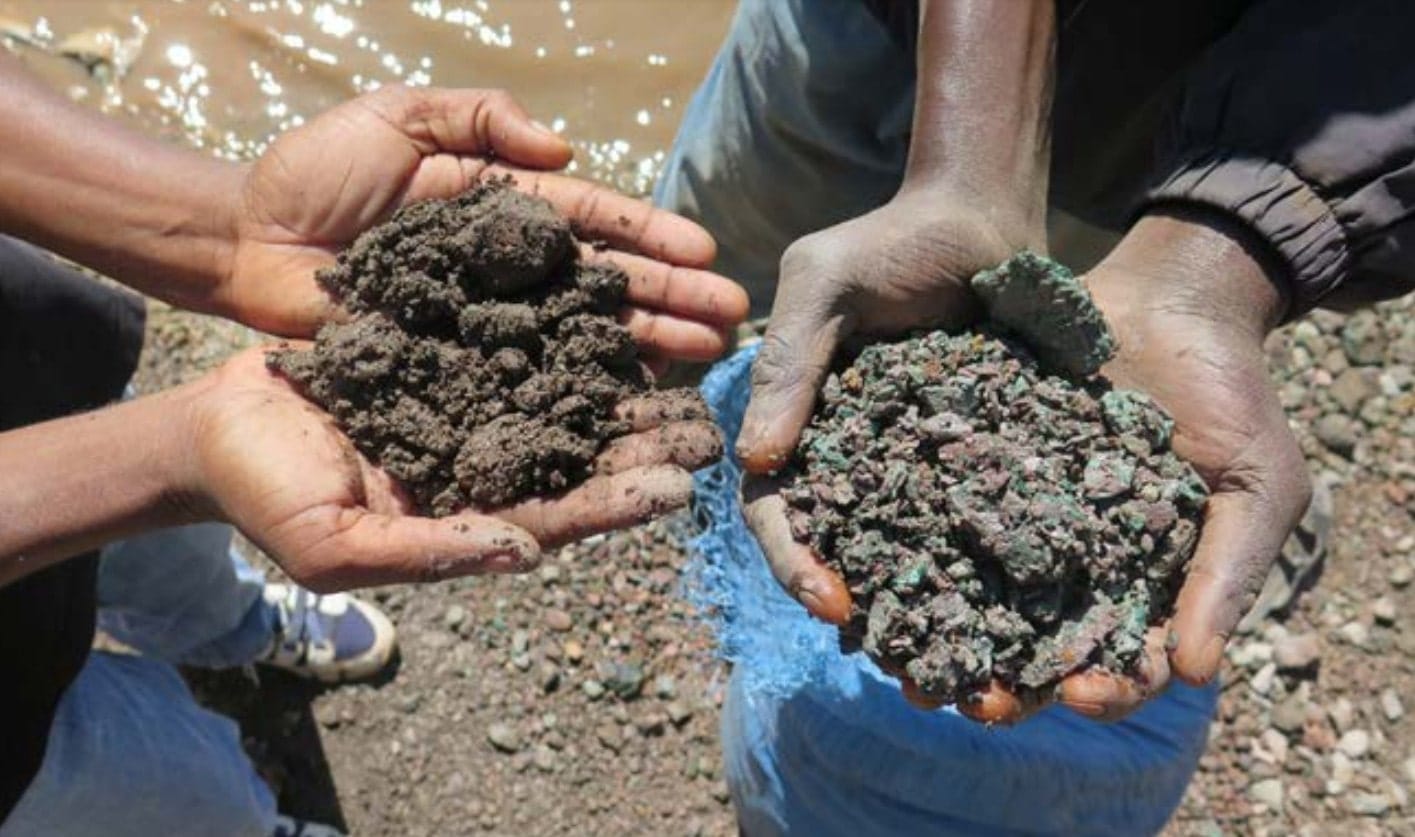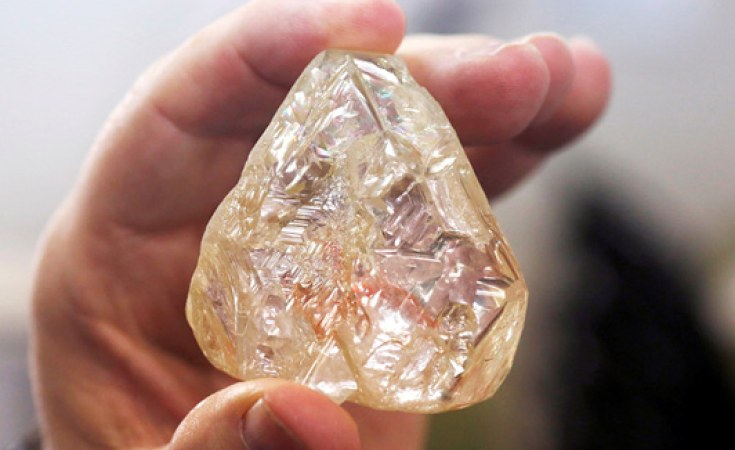Business
Does DRC need IMF loans?
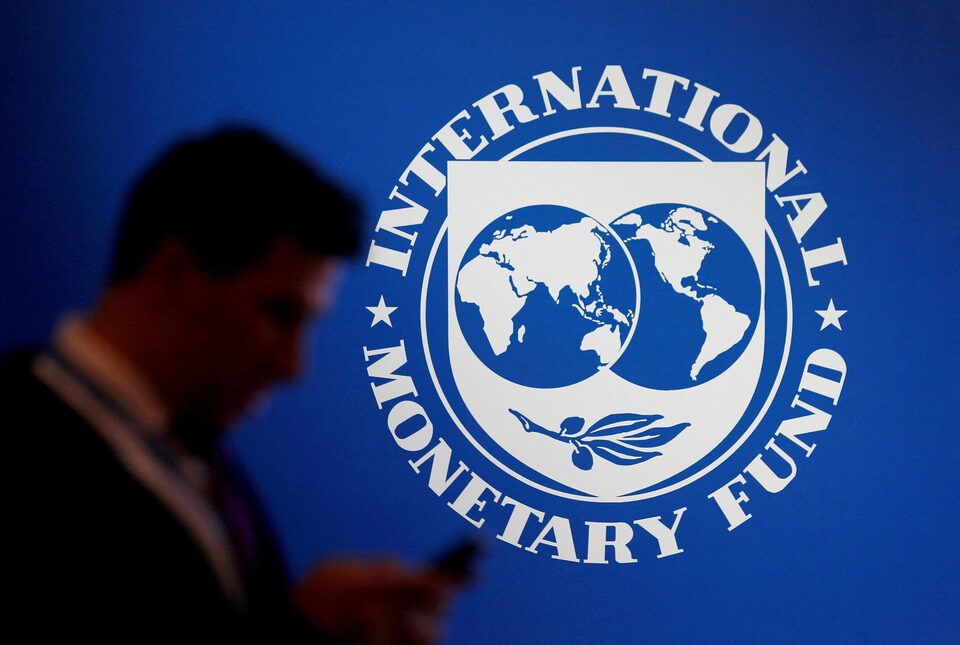
The
International Monetary Fund (IMF) announced, on May 8, that it reached a
staff-level agreement with the Democratic Republic of Congo (DRC) for the final
review of a $1.5 billion loan programme. Once approved, the agreement will
allow for the disbursement of a final tranche of around $200 million of funds
expected to help the DRC ease fiscal pressure from heavy security spending.
The
world's richest country in terms of wealth in natural resources holds
significant untapped mineral deposits worth an estimated $24 trillion. However,
the mineral-rich country is among the five poorest countries in the world.
The
central African country has been experiencing violence and extensive abuses of
power, especially in its eastern part. Long-drawn-out civil wars coupled with
the unrelenting mismanagement of state resources placed DRC among the group of
fragile states with the world's poorest infrastructure.
Despite
its vast natural resources, corruption remains a significant obstacle to
progress and improvement in the quality of life for its citizens.
In the
DRC, rent-seeking, clientele politics, and instability are exacerbated by
bribery, embezzlement, a lack of political integrity, and weak oversight
institutions.
This
has put it among the top 10 African nations with the highest level of
corruption, according to Transparency International's Corruption Perceptions
Index (CPI) as of 2024.
A
financial audit into the Congolese government’s battle against M23 rebels shed
light on high-level corruption and misuse of public funds to finance a
fruitless war, with millions of dollars paid by the state to private military
companies and arms brokers.
In
December 2023, Congolese authorities sought to hire 2,500 military contractors
from Latin America to fight in North Kivu Province, where a government-led
coalition is pitted against the M23 rebels who are fighting against an
existential threat. Successive Congolese regimes put their own interests before
the well-being of the people. Government officials deny a humanitarian crisis
in the country, in a sinister attempt to attract foreign investment and further
enrich the people in power. The mining sector is particularly prone to
corruption.
Valuable
concessions are granted with little legitimate benefit to the state due to the
lack of accountability and transparency in the management of country’s natural
resources.
According
to the press release issued by Congo Is Not for Sale (CNPAV), a non-government
organization, on May 10, a $70 million donation of land to an obscure non-governmental
organization, led by Jean-David E'Ngazi, a Chinese miner Zijin manager, and
member of the board of directors of Cominière, a state owned company, raises
alarming questions about the legitimacy and legality of such transactions.
It was
also reported that, Jimmy Munganga, first president of the DRC Court of
Auditors, went public with corruption accusations against former Gécames
chairman Albert Yuma Mulimbi, a key figure in Congolese economic and political
life, as well as ex-central banker Deogratias Mutombo Mwana Nyembo.
The
two men, among other things, were accused of contributing to a $25 million
fraud. The money mysteriously disappeared between 2018 and 2020. Speaking on a
Radio-Télévision Nationale Congolaise (RTNC) news programme, in October 2023,
Munganga said that “mismanagement” by the two men was behind “embezzlement
amounting to $25,521,000” – $15m at the Congolese mining giant, Gécamines, and
around $10.5m at the DRC public treasury.
The
government’s lack of political will to investigate alleged wrongdoings and the
opacity of financial operations have long enabled corrupt officials to enjoy
impunity.
Countless
corruption cases in the country are documented and that is common knowledge in
the country. The Congolese government stole UN payments intended for Congolese
soldiers who contributed to peacekeeping operations in the Central African
Republic.
The
DRC, in fact, is an embarrassment to African countries. The country should have
a better standard of living, without loans, since it could have used its own
resources.
However,
due to lack of political integrity and poor governance, DRC became a failed
state, with foreigners, especially China and the West, exploiting the nation’s
resources and leaving Congolese citizens impoverished. The IFM loans only make
an already bad situation worse.



